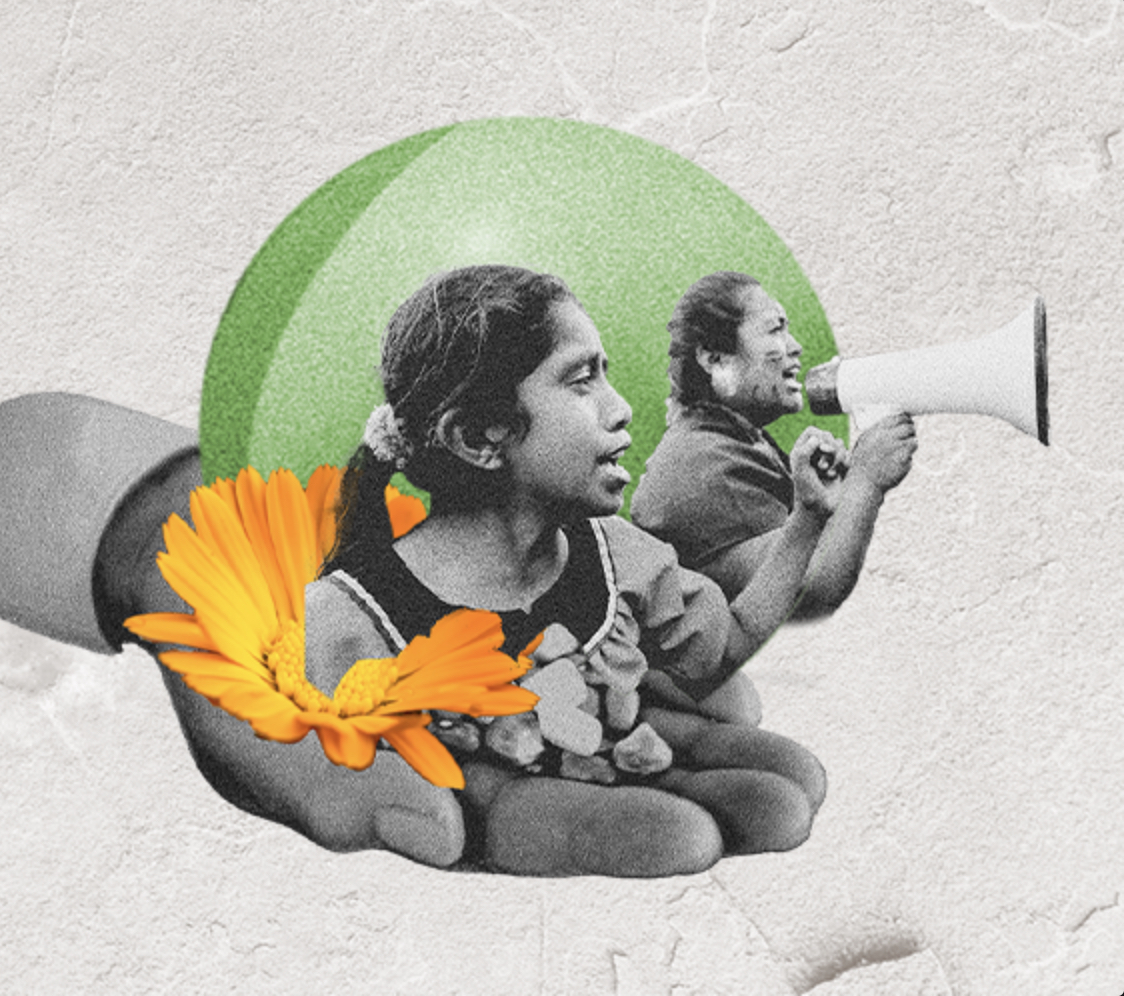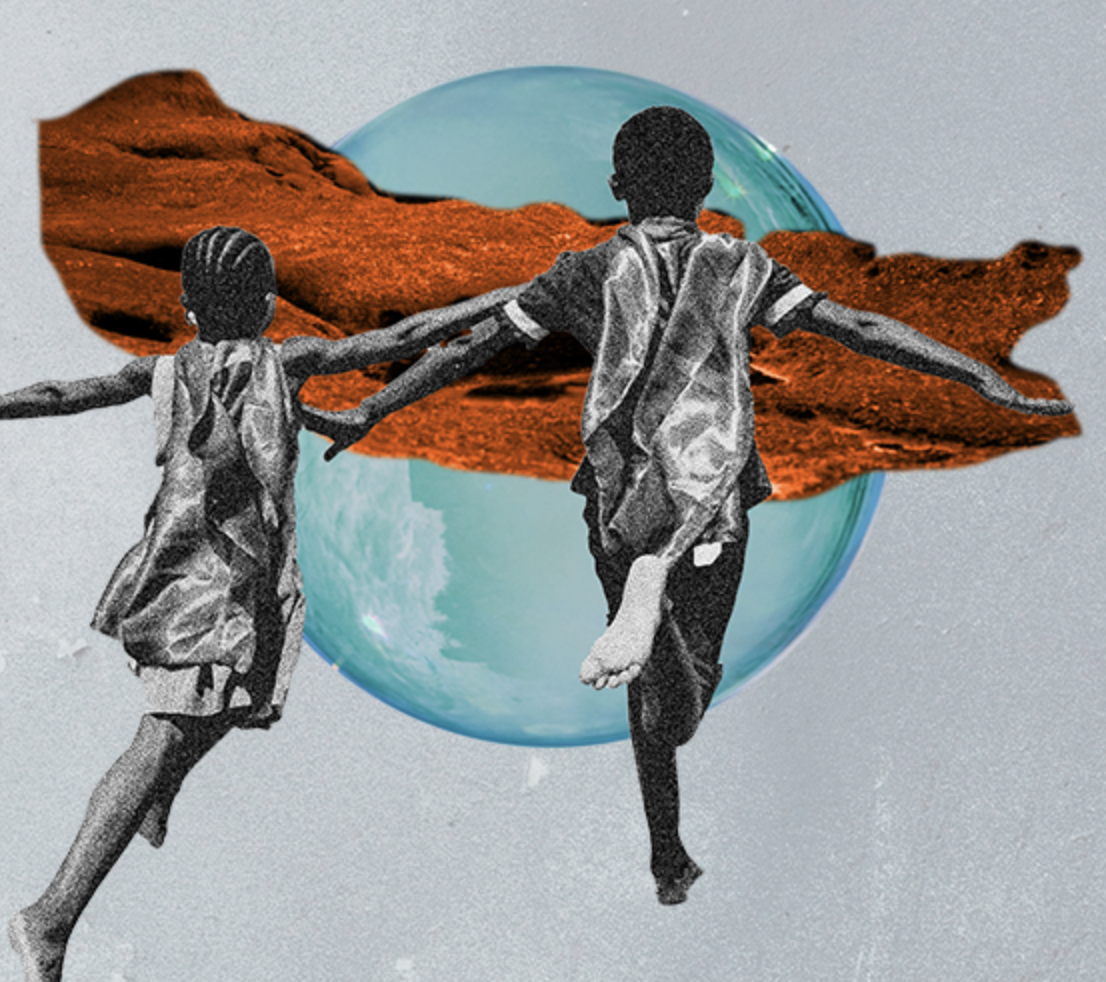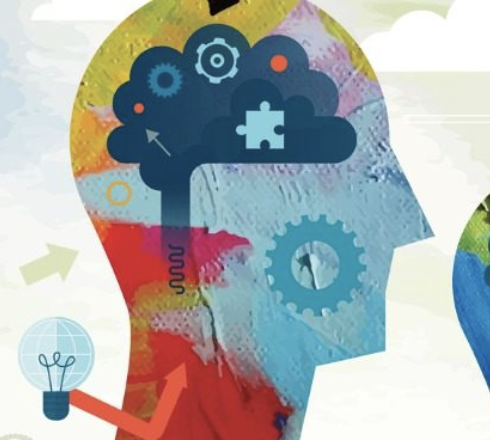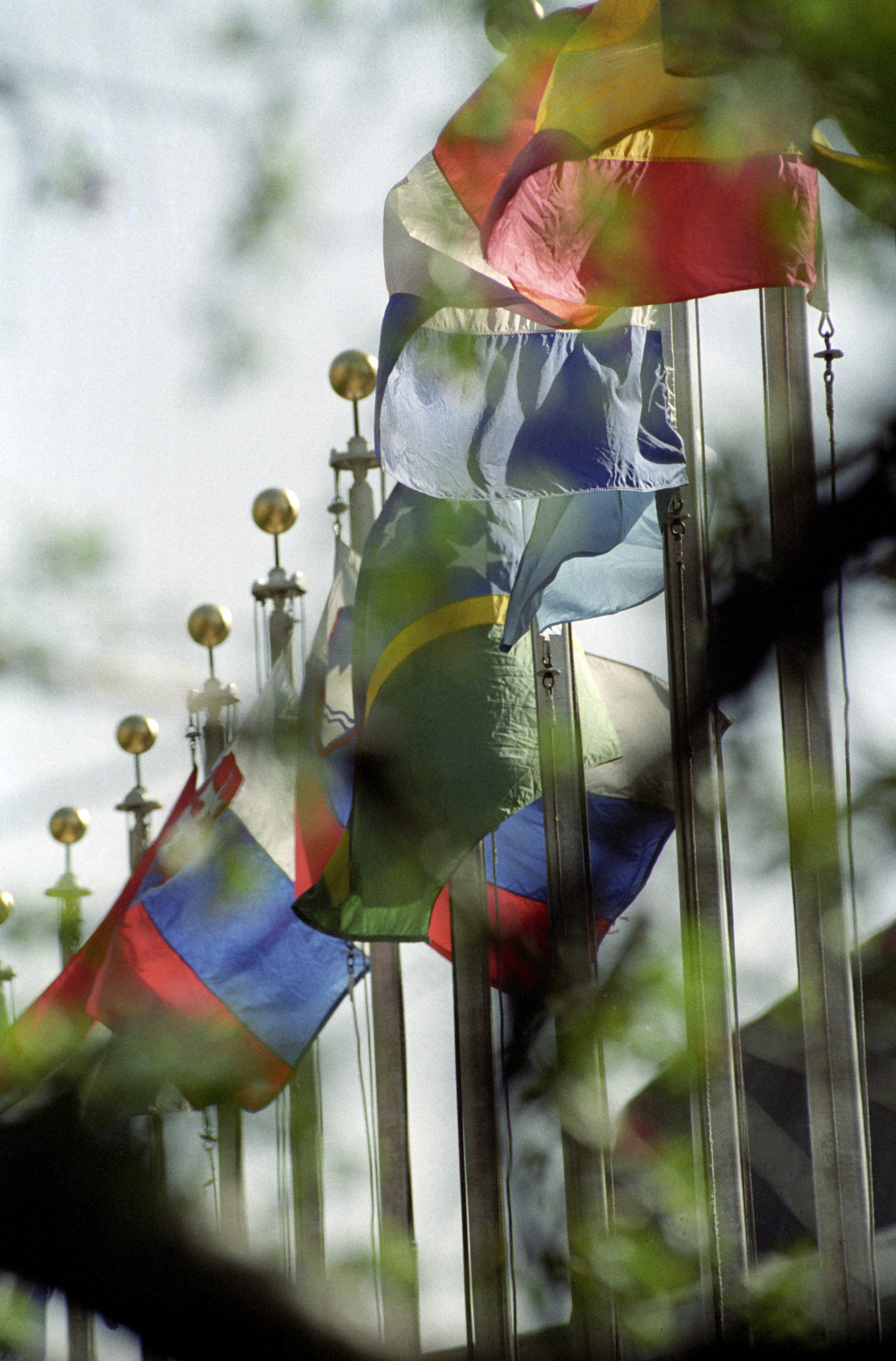The impact of Covid-19 has been unprecedented, not just in the tragic impact on lives, or the disproportional impact it has had on the most disadvantaged communities, but also in terms of what we have seen can be achieved. As lockdown restrictions ease and we all negotiate living in a ‘new normal’ we must not lose the opportunity to understand what factors made change happen at a pace previously unimaginable, and apply this to address the underlying inequalities and climate challenges that existed before Covid-19 that it has so dramatically highlighted. To drive this, Business in the Community has spent the last month in conversation with over 100 business leaders and a further 500 practitioners and partners to understand what Covid-19 has taught us about how we could turn ambitions into action. Now is our moment to not simply slip back to a new normal, seeing the last few months as a series of heroic acts, but instead to seize the opportunity to accelerate action. Join us to hear and share your thoughts with a diverse panel of business game changers on their experiences and reflections, and how they plan to take these actions forward in their businesses to Build Back Responsibly.
SDG 10: INEQUALITY
Global Partnership for Sustainable Development Data’s Fifth Anniversary Town Hall
Our fifth anniversary is coming up and we’re getting ready to celebrate. On September 25, we’re hosting a virtual gathering to launch the publication of our five-year report, to reflect on progress since our founding in 2015, and most importantly, to hear from you. We want to hear about your favorite data memories, some of the biggest challenges you’ve worked through, the biggest difference in SDG data that you see now versus five years ago, and we want your input on what the next five years should look like.
Have something to share? Send us an email, tweet it with #Data4SDGsAt5, and/or come to the townhall. We’ll see you online.
Nature for Life Hub: Part 1
To coincide with the 75th UN General Assembly, UNDP and partners are creating a four-day “Nature for Life Hub”- a virtual space where global leaders will share stories on the importance of nature for sustainable development. Leaders participating in the ‘Nature for Life Hub’ will invite a virtual audience to engage in lively, thought-provoking exchanges, and will engage a wide variety of sectors, including governments, businesses, financial institutions, youth and local communities. All events will showcase nature-based solutions in policy, in practice, in communities, in art – but most of all, in action.
Sept 24, DAY 1 – SDG DAY: Celebrating the value of nature in achieving the Sustainable Development Goals.
Sept 25, DAY 2 – BUSINESS AND FINANCE DAY – Greening our wallet in development, finance and business.
Each day will culminate in key messages to be issued by the coalition of partners to be fed into the post-2020 Global Biodiversity Framework negotiation process, CBD COP 15 and Climate COP 26 negotiation processes.
Nature for Life Hub: Part 2
To coincide with the 75th UN General Assembly, UNDP and partners are creating a four-day “Nature for Life Hub”- a virtual space where global leaders will share stories on the importance of nature for sustainable development. Leaders participating in the ‘Nature for Life Hub’ will invite a virtual audience to engage in lively, thought-provoking exchanges, and will engage a wide variety of sectors, including governments, businesses, financial institutions, youth and local communities. All events will showcase nature-based solutions in policy, in practice, in communities, in art – but most of all, in action.
Sept 28, Day 3 – GLOBAL AMBITION DAY: A planetary response to our planetary emergency.
Sept 29, Day 4 – COMMUNITY DAY: Celebrating the power of local action, and the role of indigenous peoples and local communities in our planetary response.
Each day will culminate in key messages to be issued by the coalition of partners to be fed into the post-2020 Global Biodiversity Framework negotiation process, CBD COP 15 and Climate COP 26 negotiation processes.
Business Fights Poverty NYC Online 2020
Join us for a week of inspiring and engaging content, live events, peer networking, and community-led learning to drive connections, conversations, and collaboration around how we rebuild better after the pandemic. The event will explore how business and its partners can help create an equitable and resilient future, and each day we will deep-dive into a specific theme:
- Imagining the Future We Want (Monday);
- Creating an Equitable World (Tuesday);
- Helping People Survive and Thrive (Wednesday);
- Building Resilient Livelihoods (Thursday);
- Shaping System-Level Partnerships (Friday).
The event is co-hosted with AB InBev and Visa, and a range of supporting partners, including Anglo American, Mars, Nestlé, and Standard Chartered. Content partners include Harvard Kennedy School Corporate Responsibility Initiative, the UN Office for Partnerships, WBCSD, Business in the Community, The Partnering Initiative, and the League of Intrapreneurs.
Roundtable: Driving leadership action to Build Back Responsibly
With COVID-19 impacting the world over, the 75th United Nations General Assembly Week (UNGA) will be a key moment in the 2020 calendar for the world to focus on social and environmental challenges and accelerate collaborations to meet the Global Goals.
This roundtable is part of a series of virtual events, which Business in the Community (BITC) is running to elevate the conversation and drive action on how business can Build Back Responsibly.
Over the last month, we have been in conversation with over 100 business leaders and a further 500 practitioners and partners, to understand what Covid-19 has taught us about how we could turn ambitions into action. Now is our moment to not simply slip back to a new normal, seeing the last few months as a series of heroic acts, but instead to seize the opportunity to accelerate action. So to coincide with this year’s United Nations General Assembly week, we will be bringing together influential business leaders across our network to create faster, bolder, bigger action.
This event is by invite only. For more information, contact Elena Perez, BITC’s Events Manager, at [email protected]
Reimagining Tourism in Post-pandemic Small Island Developing States (SIDS)
The tourism sector accounts for more than 30 percent of total exports in many SIDS. As a result of the lockdowns and travel restrictions put in place due to the COVID-19 pandemic, international tourism is plummeting. UNWTO estimates that international arrivals in SIDS globally dropped 47 percent from January to April, in the month of April arrivals dropped by 97 percent. This shock is having major direct and indirect impacts for livelihoods in SIDS, impacting on foreign exchange earnings, employment and wages and tax revenues furthermore many MSMEs rely heavily on revenue from tourism. As an important source of employment, the sharp decline in tourism in SIDS is increasing precarity, putting especially informal workers at risk many of whom are women.
This interactive discussion will focus on building forward tourism in SIDS better, greener and bluer. It will bring together key experts to discuss how SIDS can advance the environmental, economic and socio-cultural sustainability of their tourism sectors promoting the industry as a driver towards realizing ambitions of the SAMOA Pathway and the Decade of Action post COVID-19.
SDG Moment
Convened by the UN Secretary-General, the SDG Moment consists of a three-hour virtual meeting with Heads of State and Government and SDG partners. The meeting will seek to strengthen accountability and create a sense of urgency, ambition and transformative possibility around the Decade of Action. It will also serve to underscore the importance of the 2030 Agenda as the north star for the COVID-19 response and recovery. The meeting will place a strong emphasis on priorities relating to poverty and inequality; climate change and nature; and gender equality, while cross-cutting issues such as finance, human rights and technology will be considered throughout.
Making Global Goals Local Business: Getting Started
Our Getting Started webinar is aimed specifically at businesses that are trying to develop a better understanding of the SDGs, and how they relate to their work.
This 1-hour webinar will discuss what the SDGs are, demonstrate why business should be engaged, and present practical guidance on how to get involved. The second half of the webinar will take the form of a Q&A session and open discussion.
“We the Peoples” – Reimagining global governance on the eve of the UN’s 75th anniversary
The 75th anniversary of the founding of the United Nations (UN) is not only an occasion for celebration of its achievements, particularly in enshrining human rights norms, but also an opportunity for civil society reflection on how the UN should change to better serve a world that is very different from that of 1945. This event will focus on thinking more boldly, assessing prospects for change and responding to the challenges involved in building a more open, inclusive and democratic UN through a 90-minute live debate with audience participation. The event will have English, French and Spanish translation.
During the course of the event, participants will engage with critical perspectives on the concrete actions needed to strengthen the ability of the UN to advance human rights and social justice through its engagement of civil society and people’s movements and the promotion of civic freedoms.
Quiz Night (Day): Youth and the Global Goals
Join the UNITE 2030 Youth Delegate Social Media Team for a fun, spin-the-wheel style game all around Youth and the Global Goals.
Youth SDG Summit
As the largest youth generation in history, it’s time to step up. The 2030 Agenda clearly applies to all of the world’s 1.2 billion young people, who currently make up 16 per cent of the global population—and to the 1.3 billion young people who will call the world home by the year 2030.
During the 75th anniversary of the United Nations’ General Assembly, we are calling on youth around the world to action to acknowledge the work being done already for the Global Goals, and the work that is still left to be done. We are hosting the Youth SDG Summit to empower young leaders to continue their work toward the Global Goals. The Youth SDG Summit is invitation only.
The theme of day 1 of the Youth SDG Summit is For People.
The theme of day 2 is the Youth SDG Summit is For Planet.
Wiki Loves SDGs Edit-a-thon
Project Everyone is organising a week-long edit-a-thon where volunteers from around the world will come together to create new Wikipedia articles for the Global Goals and improve existing pages. The aim of this is to create a buzz around the Goals, mobilise a global community and democratise knowledge.
Global Goals Day of Factivism
We need accurate data to help us understand the state of our world, know how much progress we need to make and see the impacts of COVID-19.
For 25 September, the five year anniversary of the Global Goals, Project Everyone is organising the Global Goals Day of Factivism. On this day, we will share ten up to date facts about the state of our world right now and inspire people to take action from supporting campaigns to changing their habits.
High-level meeting to commemorate the 75th anniversary of the UN
UN Member States agreed in June 2019 that the UN will mark its 75th anniversary with a one-day, high-level meeting of the UN General Assembly on Monday, 21 September 2020 on the theme, ‘The Future We Want, the UN We Need: Reaffirming our Collective Commitment to Multilateralism’. They also planned to convene a Youth Plenary related to the 75th anniversary, and to hold observance ceremonies to commemorate the signing of the UN Charter on 26 June 2020 and UN Day on 24 October 2020.
The declaration that will be adopted at the high-level meeting on 21 September was agreed in July 2020.
Due to the COVID-19 pandemic, this event will take place primarily in a virtual format, with pre-recorded statements by heads of state and government.
Premiere of “Nations United: Urgent Solutions for Urgent Times”
“Nations United: Urgent Solutions for Urgent Times” sets out what must be done to tackle the world’s biggest issues, from COVID to poverty, inequality, gender discrimination, climate change, justice and human rights. It is the first film of its kind to be broadcast globally and is premiering on the United Nations YouTube channel.
This film is produced by 72 Films and writer, director and UN Sustainable Development Goals Advocate Richard Curtis. The broadcast of this film will also mark the UN’s 75th anniversary, as well as the 5th anniversary of the Sustainable Development Goals.
Cross Sector Collaboration to Accelerate Sustainable Infrastructure
In partnership with Goal 17 Partners, the Guggenheim Sustainability Quotient will explore key insights from their research while presenting a path forward to deploy trillions of dollars in assets held by institutional investors to fund sustainable infrastructure projects around the world.
The Guggenheim Sustainability Quotient is a research-driven framework for transitioning sustainable infrastructure into an institutional asset class, developed in partnership with the world’s foremost academic institutions (Stanford University, Tufts’ Fletcher School), research and advocacy organizations (WWF, GIB), and infrastructure practitioners (CCR, KPMG, Mott MacDonald) to enable institutional investors to commit the capital needed to meet global infrastructure needs. Guggenheim and its partners have performed extensive research on best practices to foster the acceleration of sustainable infrastructure and do so in a way that addresses many of the social, economic, and environmental issues that are growing more acute in the wake of the COVID-19 pandemic.
From Global Vision to Local Action: Connecting Waste-Pickers in Ghana to a Global Marketplace for Plastic
Ghana is one of many countries where a vibrant ecosystem of waste pickers is critical to keeping the country clean, but where the system operates “below the radar,” limiting pickers’ capacity to connect to potential buyers and recyclers. As part of the World Economic Forum’s Global Plastic Action Partnership (GPAP), an innovative pilot project is bringing together the Government of Ghana, SAP and other GPAP partners to leverage IT to create transparency in the value chain, ensure pickers earn fairer wages, and ensure that companies and consumers know when they are accessing premium “social plastics” to better protect communities and the environment. This session will focus on how to initiate and implement innovative solutions in local communities and foster discussions on what corporate, government and NGO partnerships need to do to have true global impact.
Multilateralism Reimagined: Towards a UN and multilateral system that is more democratic, rules-based and inclusive
As the world is fighting the COVID-19 pandemic, we see heightened global insecurity and anxiety. International cooperation is under severe strain due to heightened geopolitical tensions and rivalry. The rules-based order upon which the UN Charter was conceived is being challenged. Our UN, and the multilateral system more broadly, needs to answer to the real anxieties of people with practical responses.
To solve the global challenges of our times – from COVID-19 to climate change, raging conflicts and unchecked technological advances – we need more inclusive international cooperation rather than a regression to narrow nationalism. The SDGs are our common road map for the future we want. To realize the 17 SDGs we need stronger partnerships and deeper involvement from civil society, the private sector, trade unions, local governments and other relevant stakeholders. This message emerged loud and clear from the UN75 global consultation.
Through a multi-stakeholder discussion with the private sector, academia, the UN, youth and civil society, speakers will explore ideas and thoughts on how these stakeholders can participate in and reshape the multilateral system to deliver better on the SDGs.
Equity Reimagined: How Multi-Sector Partnerships Create Impact
Public, private and civic sector organizations have made global commitments to address systemic social and economic inequality, but the work must be done collaboratively in order to reach SDG17 targets. How can partners across sectors — by empowering all voices — leverage their unique expertise and resources to create tangible paths toward justice?








